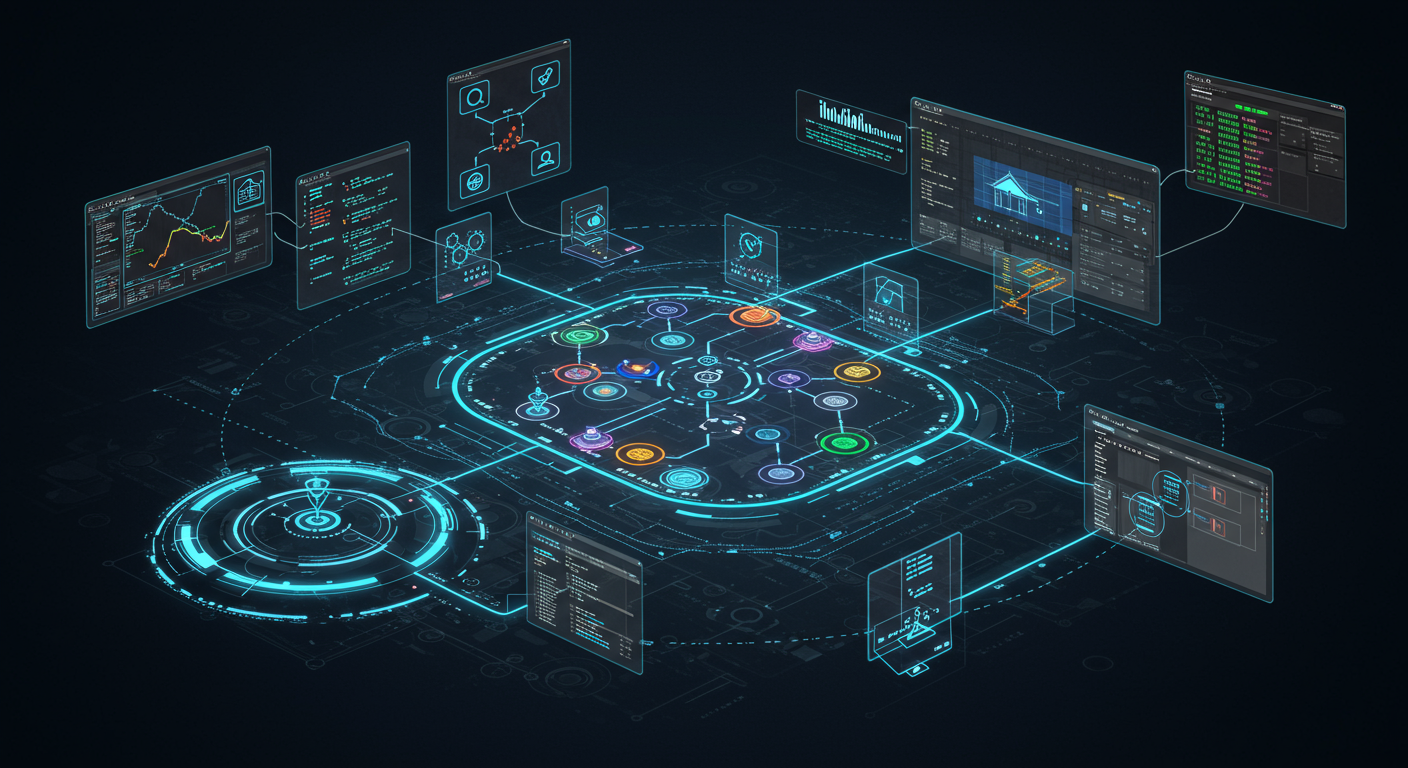Mastering Advanced Gamification in Software Development
Elevate your development practices by integrating sophisticated gamification strategies for unparalleled engagement and performance.

Beyond Badges: The Next Frontier of Gamification
While basic gamification elements like points and badges are effective for initial engagement, advanced techniques delve deeper into behavioral psychology and system design to create truly immersive and impactful experiences for development teams. These methods focus on sustained motivation, skill mastery, and fostering a culture of continuous improvement.
Adaptive Challenge Systems
Move beyond one-size-fits-all tasks. Adaptive challenge systems tailor the difficulty and type of "quests" or "missions" (e.g., coding challenges, bug fixes, feature implementations) to individual developer skill levels and performance. This ensures that tasks are neither too trivial to be boring nor too difficult to be discouraging, maintaining optimal engagement (the "flow state").
- Dynamic difficulty adjustment based on success/failure rates.
- Personalized learning paths unlocked through challenges.
- Branching narratives where task outcomes influence future challenges.
Narrative-Driven Development Cycles
Weave compelling narratives or themes around sprints, projects, or even entire development lifecycles. Instead of just completing tasks, developers become part of an unfolding story where their contributions drive the plot forward. This can transform mundane work into an epic quest.
- Theming sprints (e.g., "The Dragon's Lair Bug Hunt," "The Space Exploration Feature Release").
- Role-playing elements where team members can take on specific "character classes" with unique abilities or responsibilities.
- Story-based progress tracking and milestone celebrations. For more on narrative design, see resources from Game Developer (formerly Gamasutra).
Personalized Skill Trees and Progression Paths
Allow developers to visualize and actively pursue skill development through interactive skill trees. Completing tasks, learning new technologies, or mentoring others can award experience points (XP) that unlock new skills, specializations, or "perks" within the tree. This provides a clear path for growth and recognizes diverse contributions.
- Visual representation of skills and potential growth areas.
- Ability to "spec" into different roles or technologies.
- Unlocking tangible benefits like training opportunities or leadership roles.
AI and Machine Learning in Gamification
Leverage Artificial Intelligence to create highly personalized and dynamic gamified experiences. AI can analyze developer behavior, predict potential disengagement, and suggest tailored interventions or rewards. It can also help in balancing game mechanics and ensuring fairness.
- AI-powered recommendation engines for tasks and learning resources.
- Automated feedback and coaching based on performance patterns.
- Predictive analytics to identify and reward proactive behavior or collaboration. Check out Google AI Blog for advancements in AI.
Integrating with Developer Ecosystems
The most effective advanced gamification systems seamlessly integrate with existing developer tools and workflows (e.g., Jira, Git, CI/CD pipelines). This avoids context switching and makes participation feel natural rather than an added burden.
- Automated event tracking from version control systems or issue trackers.
- In-IDE notifications and gamified elements.
- API-driven extensibility to connect with various development platforms.
Conclusion: The Future is Playfully Productive
Advanced gamification is not just about making work "fun"; it's about intelligently designing systems that tap into intrinsic human motivators to drive excellence, continuous learning, and robust collaboration in software development. By moving beyond simple rewards and embracing sophisticated mechanics, organizations can unlock new levels of productivity and innovation.
Explore more about software development best practices on sites like Martin Fowler's blog for insights into software design and architecture.
Back to Overview